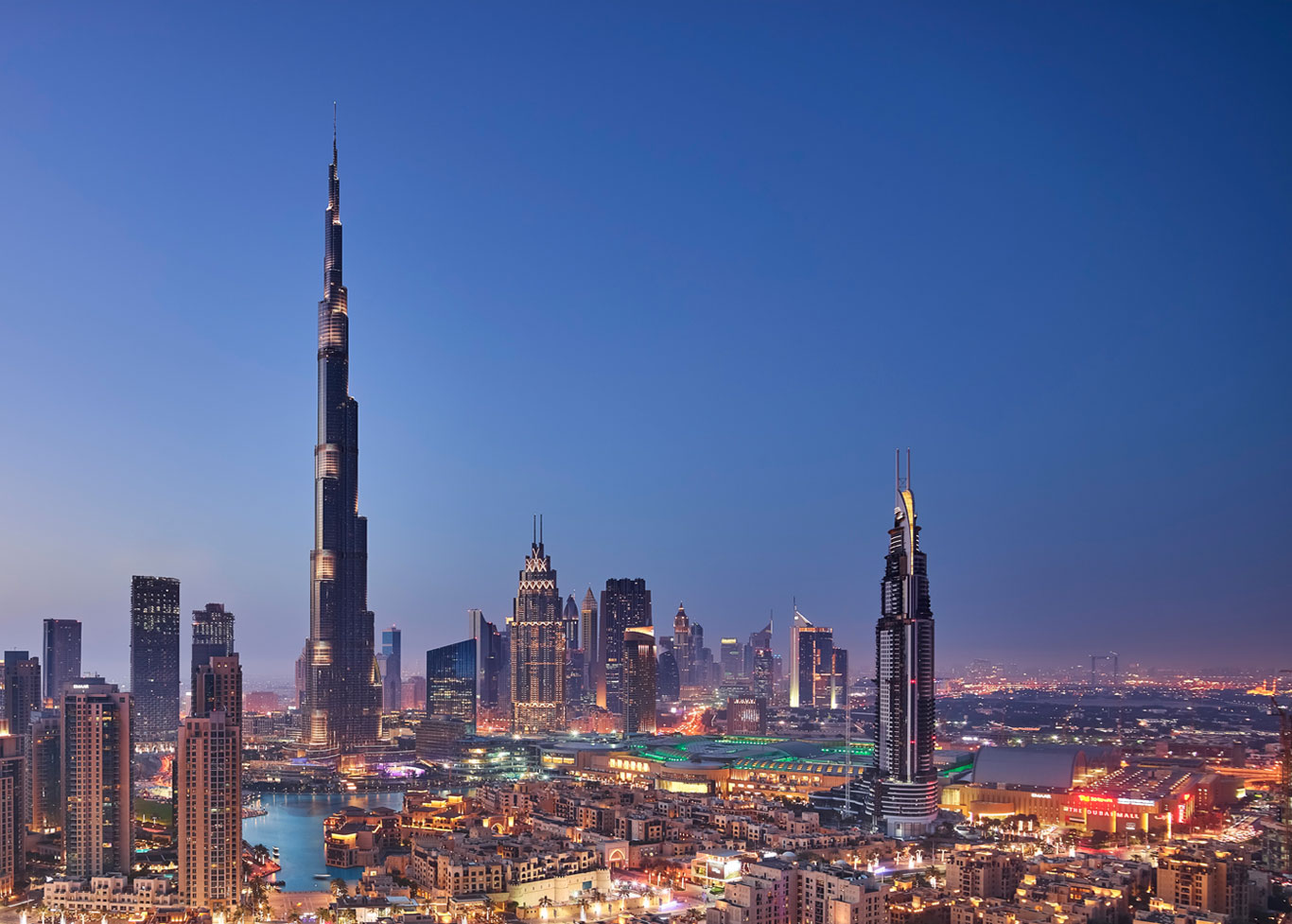The Burj Khalifa, standing tall in the heart of Dubai, is a marvel of modern engineering and architecture. It is not just the tallest building in the world; it is also an iconic symbol of the United Arab Emirates' rapid development. With its impressive number of floors, the Burj Khalifa attracts millions of visitors each year, eager to experience its breathtaking views and luxurious amenities.
This article will explore the remarkable features of the Burj Khalifa, with a special focus on its number of floors and what makes it a unique architectural achievement. As we delve into the specifics, we will also discuss the history, design, and significance of this towering structure.
Stay tuned as we uncover the details of the Burj Khalifa, including its strategic importance in the skyline of Dubai, and why it captures the imagination of people around the globe. Whether you're planning a visit or simply curious about this architectural wonder, you will find valuable insights within this article.
Table of Contents
- History of Burj Khalifa
- Design and Architecture
- Number of Floors
- Unique Features of Burj Khalifa
- Statistics and Facts
- Visiting Burj Khalifa
- Sustainability Initiatives
- Conclusion
History of Burj Khalifa
The Burj Khalifa, originally known as Burj Dubai, was developed by Emaar Properties and designed by the renowned architectural firm Skidmore, Owings & Merrill. Construction began in 2004 and was completed in 2010. The building was officially opened on January 4, 2010, coinciding with the sixth anniversary of the emirate's ruler.
Key Milestones
- 2004: Groundbreaking ceremony
- 2010: Official opening
- 2013: Completed the world's highest observation deck
Design and Architecture
The design of the Burj Khalifa is inspired by traditional Islamic architecture. Its Y-shaped footprint is designed to optimize views of the Arabian Gulf. The building's exterior is clad in reflective glass, which helps to reduce energy consumption.
Architectural Features
- Height: 828 meters (2,717 feet)
- Number of floors: 163 above ground
- Observation decks: Two main decks located on the 124th and 148th floors
Number of Floors
The Burj Khalifa boasts an impressive total of 163 floors above ground, making it the tallest building in the world. This remarkable feat of engineering is not just about height but also about creating a functional space that houses luxury residences, corporate offices, and hotels.
Distribution of Floors
The distribution of floors in the Burj Khalifa is as follows:
- Residential apartments: Floors 19 to 108
- Corporate suites: Floors 111 to 154
- Observation decks: Floors 124 and 148
- Hotel: The Armani Hotel occupies the first 39 floors
Unique Features of Burj Khalifa
Aside from its height and number of floors, the Burj Khalifa is known for several unique features that enhance its appeal:
- World's highest observation deck
- Luxurious Armani Hotel
- State-of-the-art amenities
Statistics and Facts
The Burj Khalifa is not only the tallest building but also holds several other records:
- Highest outdoor observation deck
- Fastest elevators, traveling at 10 meters per second
- Largest number of stories in the world
Visiting Burj Khalifa
Visitors from around the world flock to the Burj Khalifa to experience its stunning views and architectural beauty. The best time to visit is during sunset for a breathtaking view of the cityscape.
Tips for Visitors
- Book tickets in advance to avoid long lines.
- Consider visiting during weekdays for a less crowded experience.
Sustainability Initiatives
The Burj Khalifa is equipped with various sustainability measures to minimize its environmental impact. These include energy-efficient systems and water conservation strategies.
Conclusion
In summary, the Burj Khalifa stands as a testament to human ingenuity and ambition. With its remarkable number of floors and unique architectural features, it continues to captivate visitors from all over the world. If you find this article insightful, feel free to leave a comment, share it with friends, or explore more articles on our site.
Thank you for reading, and we hope to see you again for more exciting content!


